Imagine a world where tax codes serve as a vehicle for reparations. That’s exactly what Texas Democrat Congresswoman Jasmine Crockett pitched, with a twist that not everyone saw coming.
She proposed exempting Black Americans from taxes as a step towards reparations for slavery. Crockett candidly noted, though, that the impact might be less extreme, as she puts it, “many poorer Black people ‘aren’t really paying taxes in the first place’.”
A Candid Chat on ‘The Black Lawyers Podcast’
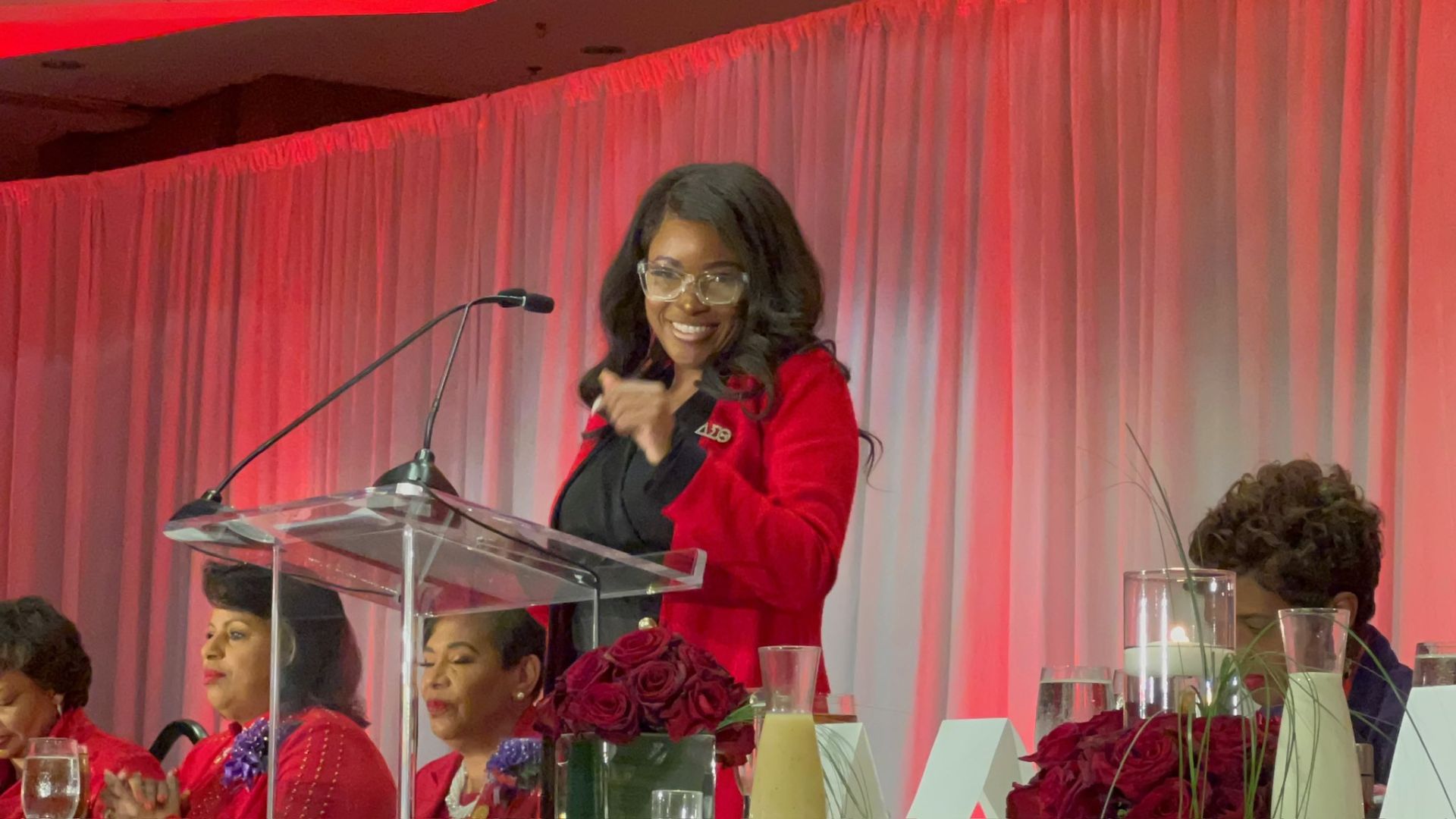
When Congresswoman Crockett visited “The Black Lawyers Podcast,” she wasn’t shy about diving into the deep end of reparations talk.
She shared an idea she heard from a celebrity, proposing tax exemptions for black people as a form of reparations, though she could not recall the celebrity’s name.
Tiffany Cross’s Call for Change

The concept of tax exemptions for African Americans as reparations was recently advocated by Tiffany Cross, an author and television host, on her Native Land Pod.
Their goal is to revitalize discussions on reparations in the United States, suggesting that such tax breaks could serve as an initial step towards addressing historical injustices.
Challenges of Implementing Tax Exemption

Congresswoman Crockett pointed out the practical difficulties of implementing a tax exemption policy for black Americans.
She noted the problem might lie in the fact that “so many black folk, not only do you owe for the labor that was stolen and killed and all the other things but the fact is we end up being so far behind.”
Seeking Uniformity in Reparations Efforts
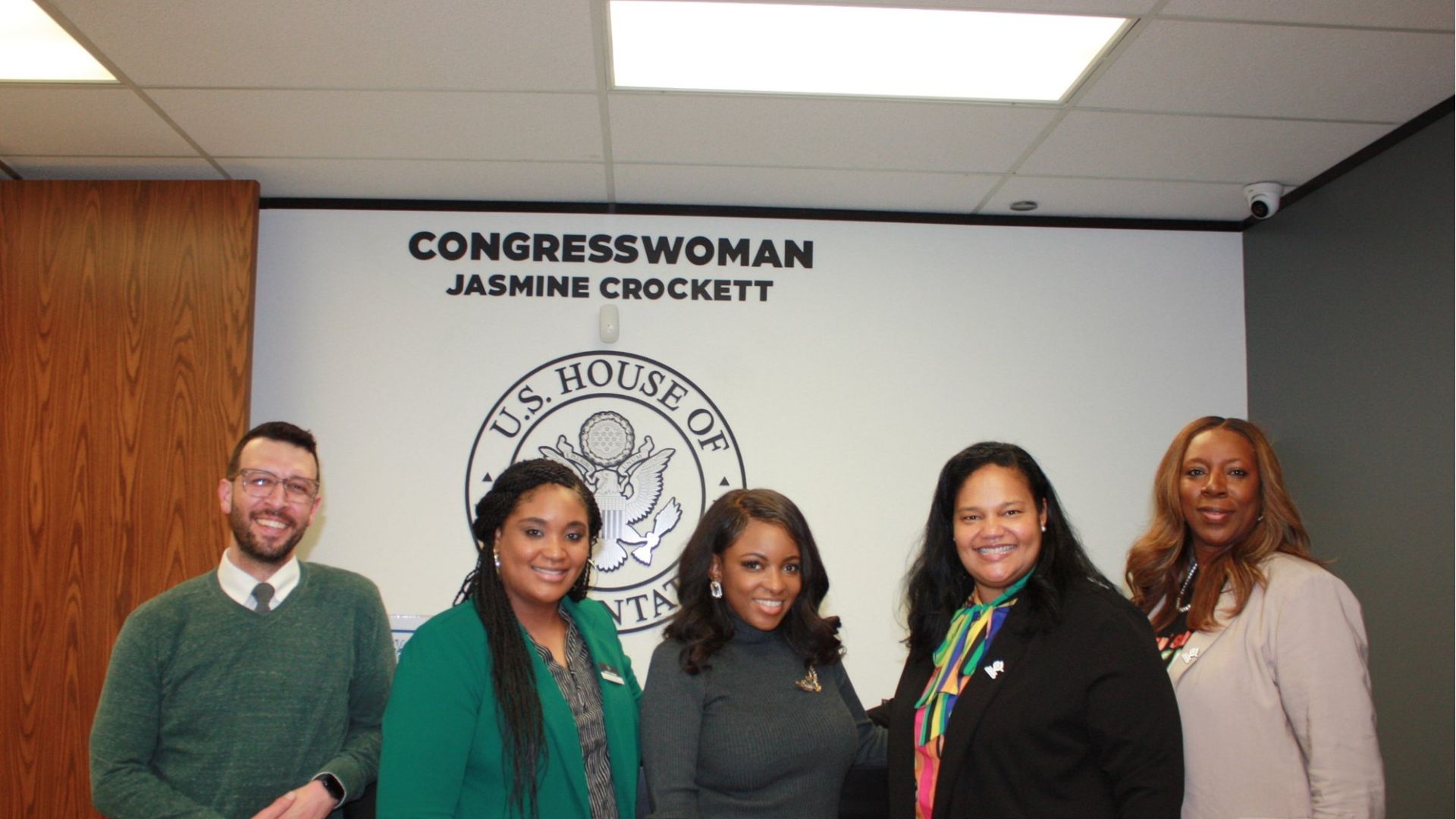
Uniformity is the game-changer, according to Crockett.
Without a consistent approach to reparations across the board, Crockett said that there’s a risk that “everybody’s gonna’ run to whichever state and be like, ”Yo, I need mine”.”
The Critical Need for Research

Crockett isn’t here for half-baked measures.
During her podcast appearance, she stressed the importance of “having a full understanding” of reparations, chastising those skipping out on essential research and planning.
Crockett’s Vision for Dallas and Beyond
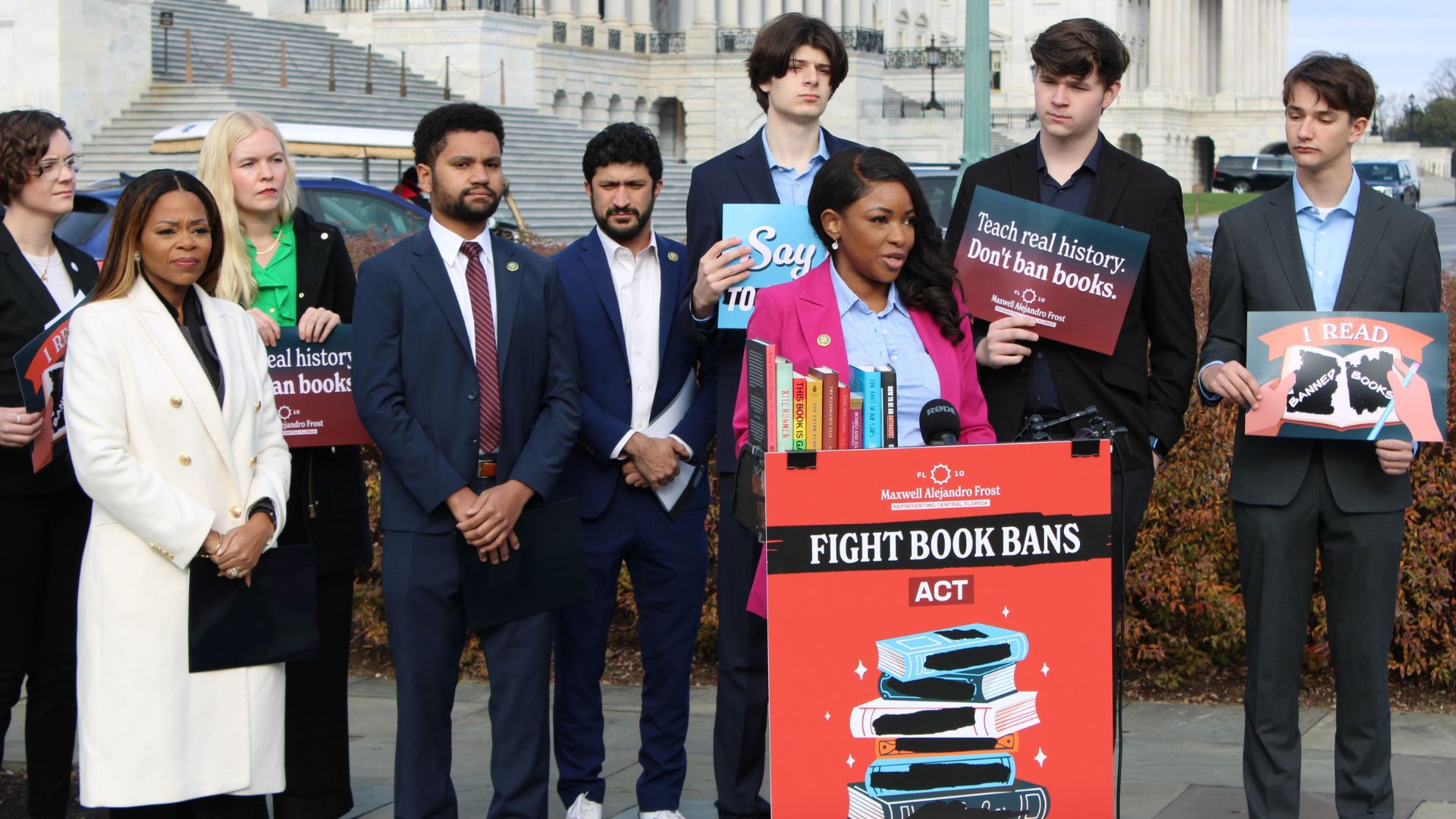
Back home in Dallas County, Crockett isn’t just a name on the ballot; she’s a force for change, gearing up for reelection against a libertarian challenger this November.
Her campaign is more than local politics; it’s about pushing for major reforms on national issues like immigration and, of course, reparations.
Amplifying the Reparations Conversation

The push for reparations is getting creative, with billboards in Chicago promoting Tiffany Cross’s plan for tax exemptions, ABC 7 reports.
It’s a visual and public declaration that reparations discussions are evolving, focusing on innovative ways to compensate for historical injustices through policy changes.
The Legacy of Unpaid Labor

Tiffany Cross makes it clear: the foundation of America’s wealth was built on the back of unpaid Black labor.
“We built this joint for free,” she states, bringing to light the immense contribution and the long-overdue acknowledgment and compensation it demands, a core argument of the reparations movement.
Terrence Howard’s Stand Against Taxes

Empire star Terrence Howard has made headlines for his refusal to pay years of income taxes, citing the immorality of taxing descendants of slaves.
Cross mentioned Howard’s action as a profound statement on the ancestral struggles of African Americans. “This brother was making a legitimate point,” Cross said, “I don’t know how we would make this happen, but I would be completely down for some sort of policy that says ‘Yes, you are exempt from paying taxes’.”
The Fiscal and Political Maze
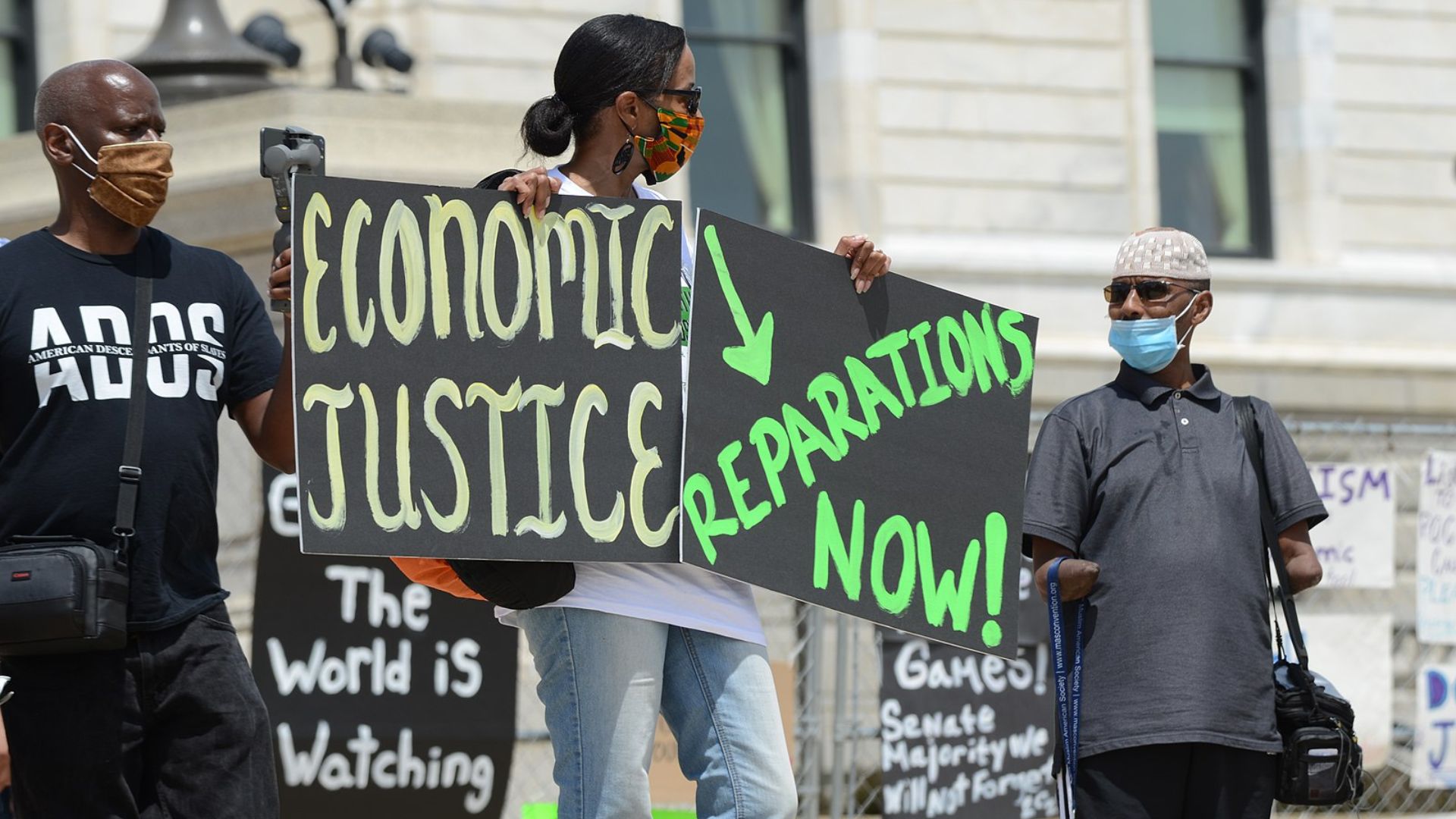
Since the peak of the George Floyd protests there’s been a renewed urgency across America to address the deep-rooted inequalities stemming from the slavery era. In response, numerous cities and states have initiated task forces aimed at confronting these modern-day disparities.
Reparations advocates are calling for substantial measures to compensate Black Americans. At the forefront of these efforts, black lawmakers in Washington are proposing a staggering $14 trillion federal program designed to bridge the racial wealth gap between black and white Americans.
The Complexity of Reparations
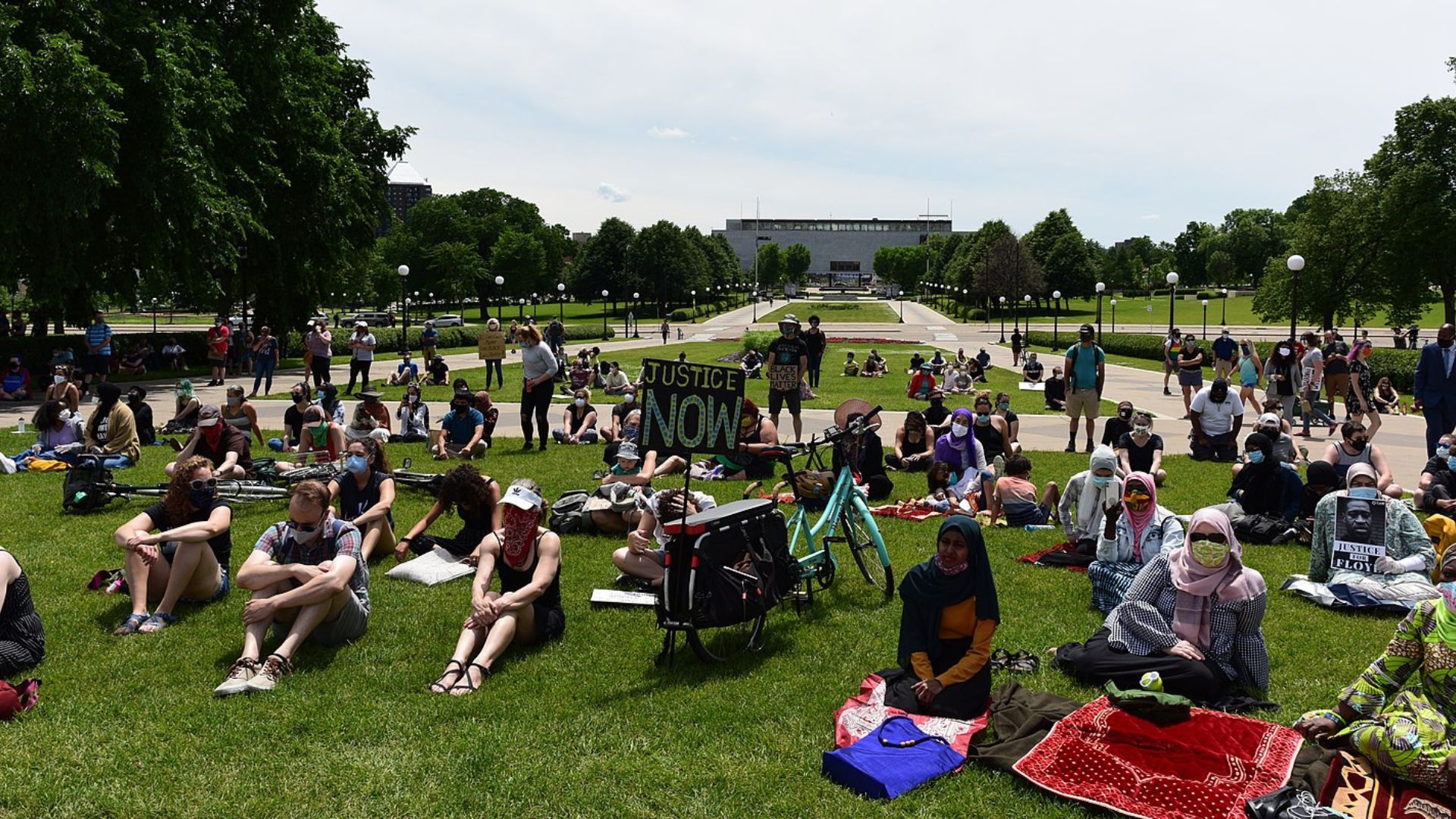
The conversation around reparations is nuanced, with critics arguing that financial compensation to selected black individuals could deepen societal divides, creating a dichotomy of “winners” and “losers,” The Daily Mail notes.
Additionally, questions arise regarding the exclusion of other historically marginalized groups, such as Native Americans, from similar forms of restitution.
